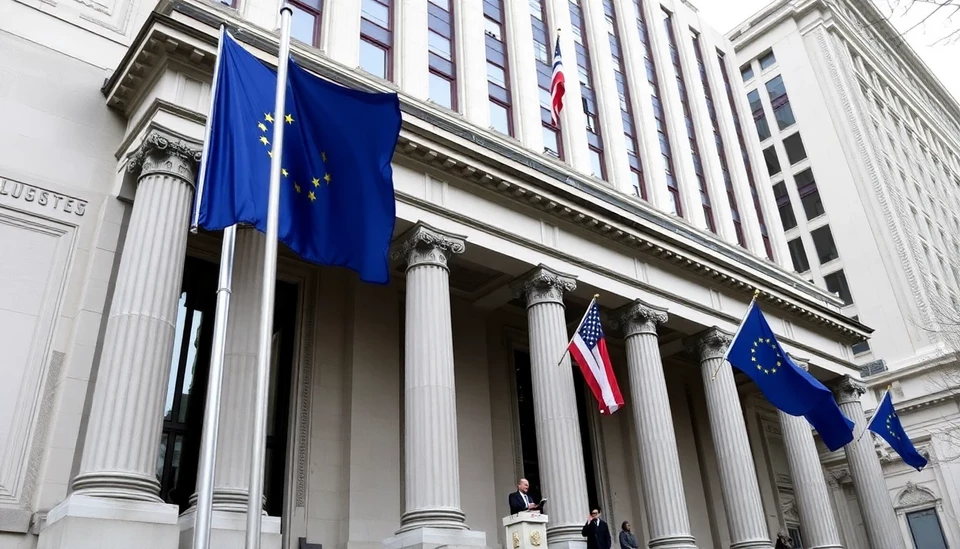
In a significant development for the financial landscape of Europe, François Villeroy de Galhau, a pivotal member of the European Central Bank (ECB), has indicated that the current tariffs could prompt the ECB to consider cutting interest rates again in the near future. This pronouncement, delivered during a recent speech, has drawn attention from economic analysts and market participants alike, raising questions about the future trajectory of monetary policy in the Eurozone.
Villeroy emphasized the delicate balancing act the ECB is currently engaged in as it contemplates the implications of tariffs stemming from geopolitical tensions and trade disputes. The rising tariff environment, he noted, poses potential threats to economic growth and inflation targeting, suggesting that the ECB may need to act preemptively to stave off any negative impacts on the broader economy.
In his remarks, Villeroy pointed out that lower growth prospects, combined with the strain that tariffs can place on inflation rates, could necessitate a more accommodative monetary policy. He referenced how past experiences with tariffs have shown that they often lead to higher consumer prices, which, in turn, can create additional pressure on economic stability.
As the ECB continues to navigate these complex economic waters, Villeroy's statements signal a heightened awareness of the interplay between international trade dynamics and domestic monetary policy. The possibility of rate cuts may be viewed as a tool to support economic conditions, particularly if tariff impacts begin to manifest in reduced consumer spending or declining business confidence.
Moreover, with inflation rates having recently slowed, the necessity to stimulate economic activity becomes even more pressing. If the current trends continue, the ECB might find itself in a position where it has to reassess its monetary stance, including the possibility of moving towards negative interest rates or increasing asset purchase programs to stimulate investment and consumption.
Market analysts are closely monitoring how these developments will unfold, especially as the ECB's policy decisions closely influence the European economy and its global interactions. The specter of rate cuts introduces volatility into financial markets, affecting currencies, bonds, and equity markets across the region.
Villeroy concluded his remarks with an appeal for patience and vigilance, suggesting that while proactive measures may be necessary, the ECB must also remain adaptive to the rapidly shifting economic landscape influenced by external factors such as tariffs and global trade relations.
For now, the central bank will continue to assess economic indicators carefully as it strives to navigate a path toward stability amidst potential headwinds from tariff-related challenges.
In summary, Villeroy's comments are a critical reminder of the nuanced challenges facing the ECB, and the potential for a shift in monetary policy to address the impacts of tariffs is something investors will be watching closely in the months ahead.
#ECB #InterestRates #FrançoisVilleroy #MonetaryPolicy #EuropeanEconomy #Tariffs #TradeRelations
Author: Rachel Greene




